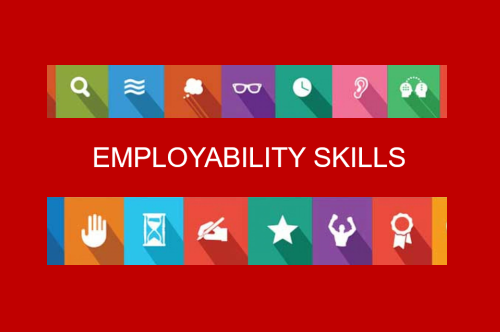Understanding your transferable skills will help you to choose the right career and can give you an edge in today’s competitive job market.
The 8 Key Employability Skills universally valued by employers are:
- Communication
- Teamwork
- Problem Solving
- Initiative and Enterprise
- Planning & Organising
- Self-management
- Learning
- Technology
So, where and how do we learn these skills?
Obviously we gain various capabilities through our educational and work experiences, both practical and more generic or ‘transferable’. We hear often, particularly from politicians and the media, that a University Degree should provide you with ‘job-ready’ skills. This is not, in fact, the aim of university study. It is Vocational Education and Training (VET) that prepares you to work in a specific job and imparts the precise, technical skills that the industry needs you to have in order to perform the required work. University study, whilst it may in some courses such as nursing or engineering be quite vocational, is much more about learning how (not what) to think.
Alongside citizens properly trained in the practical skills required by industry, our society and economy needs flexible and creative thinkers who are able to work in multidisciplinary teams to solve problems and ensure that both function smoothly. A tertiary education produces graduates with a range of broad-based academic and employability skills so they can head into the workforce ready to learn and contribute on the job. Skills in oral and written communication, critical and analytical thinking, interpersonal and intrapersonal understanding, cultural awareness, self-management, organisation, ethical thinking, digital literacy and working in teams. These are the skills that students learn and refine unconsciously in university whilst they study their chosen areas of interest in considerable breadth and depth over three or more years. These Employability Skills are often called ‘generic’ or ‘soft’ skills- terms which undermine their vital importance. Really, they are the CORE skills and capabilities that teachers try to impart throughout the 13 years of school education and beyond, via tertiary education.
In the end, the key to finding great employment is being the kind of well-rounded individual who possesses a variety of transferable skills, is willing to learn more and will fit in well with the ethos of the organisation.

